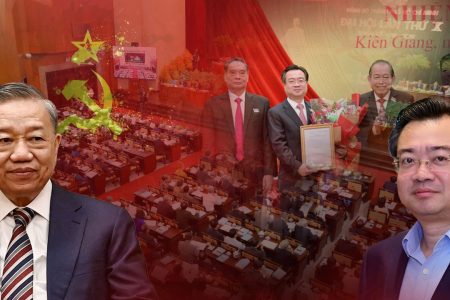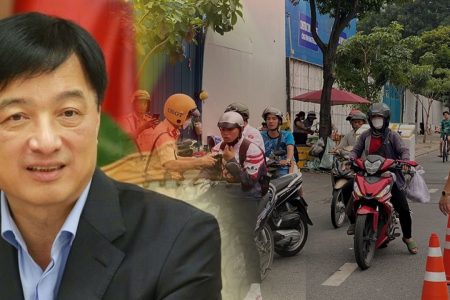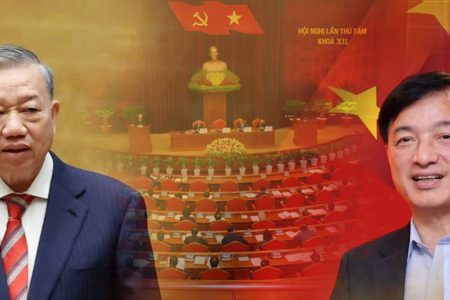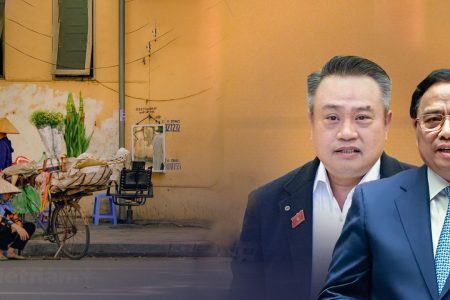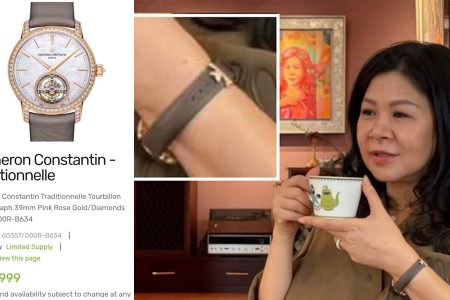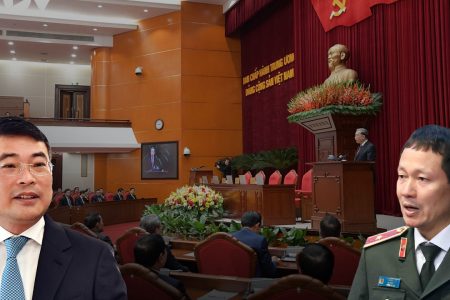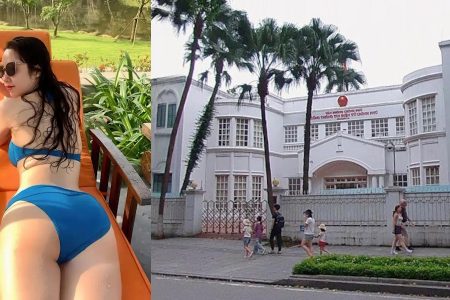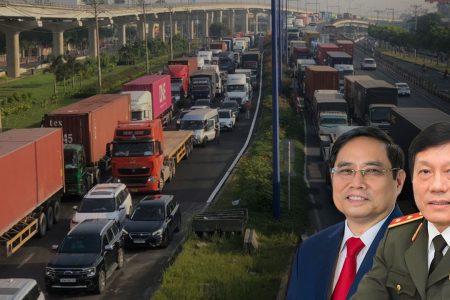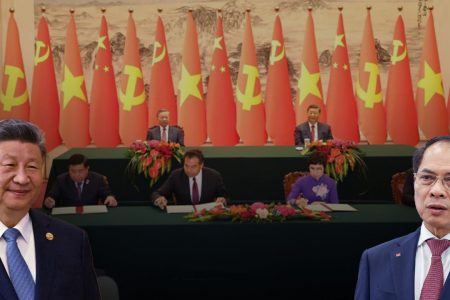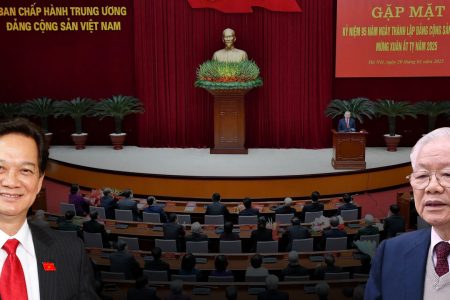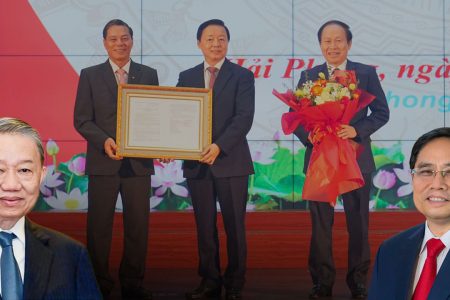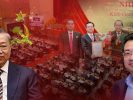The phenomenon of cross-ownership is very common in Vietnam, the goal of cross-ownership is to manipulate the market.
Current cross-ownership is not only a concern for the state, but also a concern and aversion for businesses and people. The manipulation of these groups has turned organizations and individual investors into victims.
Nguoi Lao Dong newspaper reported on May 3 “The Prime Minister requested the Ministry of Public Security to participate in handling cross-ownership of banks.” The news said that in Directive No. 14/CT-TTg, dated May 2, Prime Minister Pham Minh Chinh requested the Ministry of Public Security to coordinate with the State Bank to completely handle the problem of cross-ownership. Accordingly, one of the tasks given by the PM is “must reduce negativity, group and backyard interests.”
Analysts say that for many years, the problem of cross-ownership has been a problem in Vietnam. This increases some risks, such as increasing virtual capital through borrowing to invest; contribute capital for mutual ownership, through subsidiaries. In addition, the problem of cross-ownership also creates another consequence, which is the risk of acquisition and domination by large shareholder groups and related people.
The incident at SCB Bank is a typical example of cross-ownership, when more than 90% of the bank’s equity capital is owned by Ms. Truong My Lan’s group, causing the bank to be dominated and lead to damage to both the financial market and the economy, amounting to tens of billions of dollars.
The manipulation in SCB Bank is an example of the state’s loose management, creating loopholes for “boss” Truong My Lan and her accomplices to abuse cross-ownership to get rich illegally, and to exploit economic segment.
As a result, the Government had to make efforts to intervene to rescue SCB Bank, by injecting up to $24 billion for saving it from bankruptcy. This causes huge consequences for the Vietnamese economy, in the context of international conflicts that have been negatively affecting the global economy.
According to experts, SCB is a large commercial bank. In addition to losing confidence, the collapse of SCB Bank would likely have an impact, causing the collapse to spread to the entire Vietnamese banking system. Many signs show that, it seems, the Government will run out of breath and not be able to handle customers withdrawing money massively at many banks at the same time.
The situation got even worse, when banks had to sharply reduce lending activities, affecting the economy, when many businesses seriously lacked capital. The reason banks gave was that they had to be very cautious in lending, due to the psychological impact of the large-scale fraud of Van Thinh Phat and SCB Bank.
Notably, the phenomenon of cross-ownership only occurs in large enterprises. Only super tycoons are capable of taking advantage of their “hidden power,” seizing capital from the banks they own, to invest in their “super magic” real estate projects.
If this phenomenon does not stop, it will become a dangerous thing for the country.
A large real estate corporation often owns shares in a commercial bank – this is cross-ownership.
The question is: Who really owns the banks? And to what extent who actually controls that financial institution is difficult to know.
In Vietnam, cross-ownership between banks and real estate companies, along with poor management and corruption of state agencies, has long become a “smoldering” crisis” in the banking industry. Accordingly, almost 100% of famous real estate corporations are involved in cross-ownership. If you check, you will see how messy it is.
The Prime Minister’s directive on requiring the Ministry of Public Security to control “cross-ownership” has nothing to do with opinions that Minh “mango”‘s way of doing business is no different from Truong My Lan. Him Lam Group of Duong Cong Minh, also known as Minh “mango” also issued bonds and mobilized capital massively. At the same time, this group also violated regulations on cross-ownership, lending, backyard…
As a reminder, cross-ownership is the phenomenon of businesses and banks holding shares in other banks to manipulate lending activities at banks. Handling “cross-ownership” to ensure the safety of the banking system and safer financial and monetary security is essential./.
Tra My – Thoibao.de



